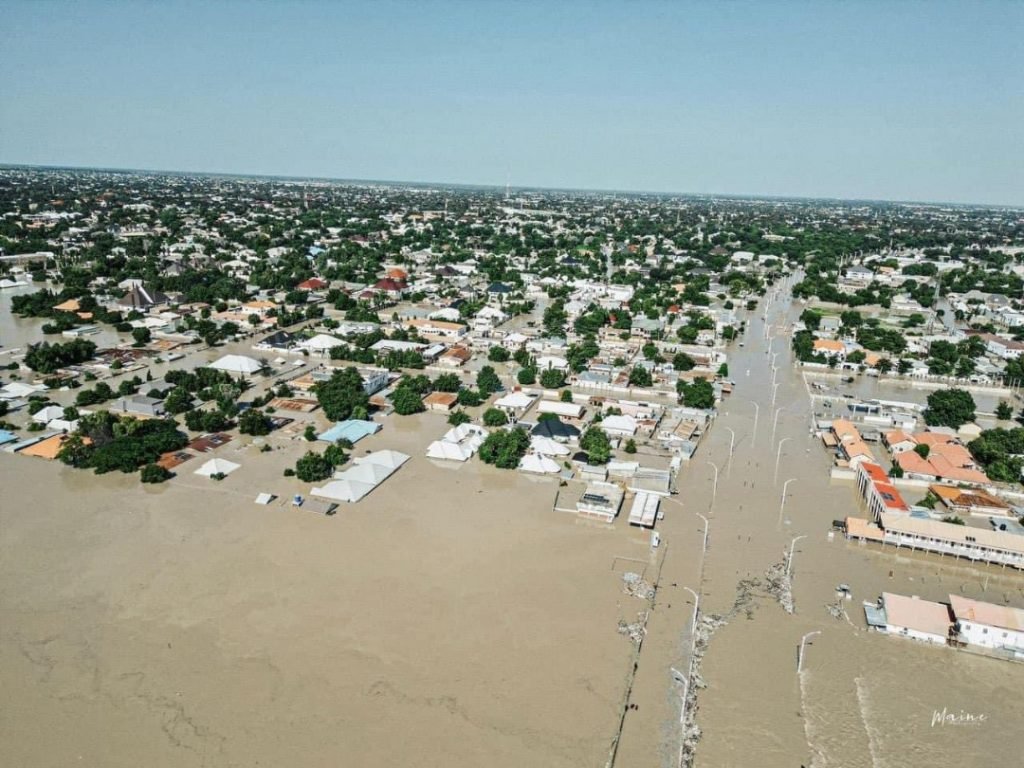The United Nations has sounded the alarm over a looming cholera outbreak in Internally Displaced Persons (IDP) camps in Maiduguri, Borno State, following severe flooding in the region.
A report from the UN’s Office for the Coordination of Humanitarian Affairs (OCHA) highlights the urgent need for food, shelter, and clean water, warning that contaminated water sources are putting vulnerable populations at risk of disease outbreaks.
According to OCHA, “The immediate needs are food, shelter, and clean water, with some water sources contaminated. Protection remains a major concern, especially among unaccompanied children, the elderly, and people with disabilities.” The report stresses the importance of non-food items and health interventions to prevent the spread of cholera in the overcrowded camps.
Flooding has severely impacted nutrition stabilization centers treating malnourished children in areas such as Maiduguri Metropolitan Council (MMC) and Jere Local Government Areas (LGAs).

Additionally, communities like Dalwa in Damboa LGA and parts of Bama and Gwoza LGAs are also reporting significant flooding. Over 123,000 people in Borno State have been affected by floods and windstorms since August, causing extensive damage to infrastructure and exacerbating the risk of disease outbreaks.
The crisis extends beyond Borno, with Adamawa and Yobe states also grappling with widespread flooding. In Adamawa, over 12,500 people are affected, while Yobe faces the displacement of more than 46,600 residents. Concerns are growing about the potential release of excess water from Cameroon’s Lagdo Dam, which has been damaged by heavy rains, posing a threat of more severe flooding.
Borno’s capital, Maiduguri, has seen severe flooding in areas such as Gwange, Bama Road, Lagos Street, and Shehu’s Palace, with entire neighborhoods relocating due to rising water levels. The UN also reported that two of its guesthouses in the region are now inaccessible.
Nationwide, the floods have claimed over 200 lives and affected more than 800,000 people across 29 states, according to data from the National Emergency Management Agency (NEMA). The floods have also destroyed vast swathes of farmland, raising concerns about food security as Nigeria faces record spikes in food and fuel prices.
The UN noted that more than 32 million Nigerians are already facing severe food insecurity, and the recent flood damage threatens to further deepen the crisis during the ongoing lean season. However, the agency assured that its partners have activated business continuity plans to maintain critical services in the affected areas.









